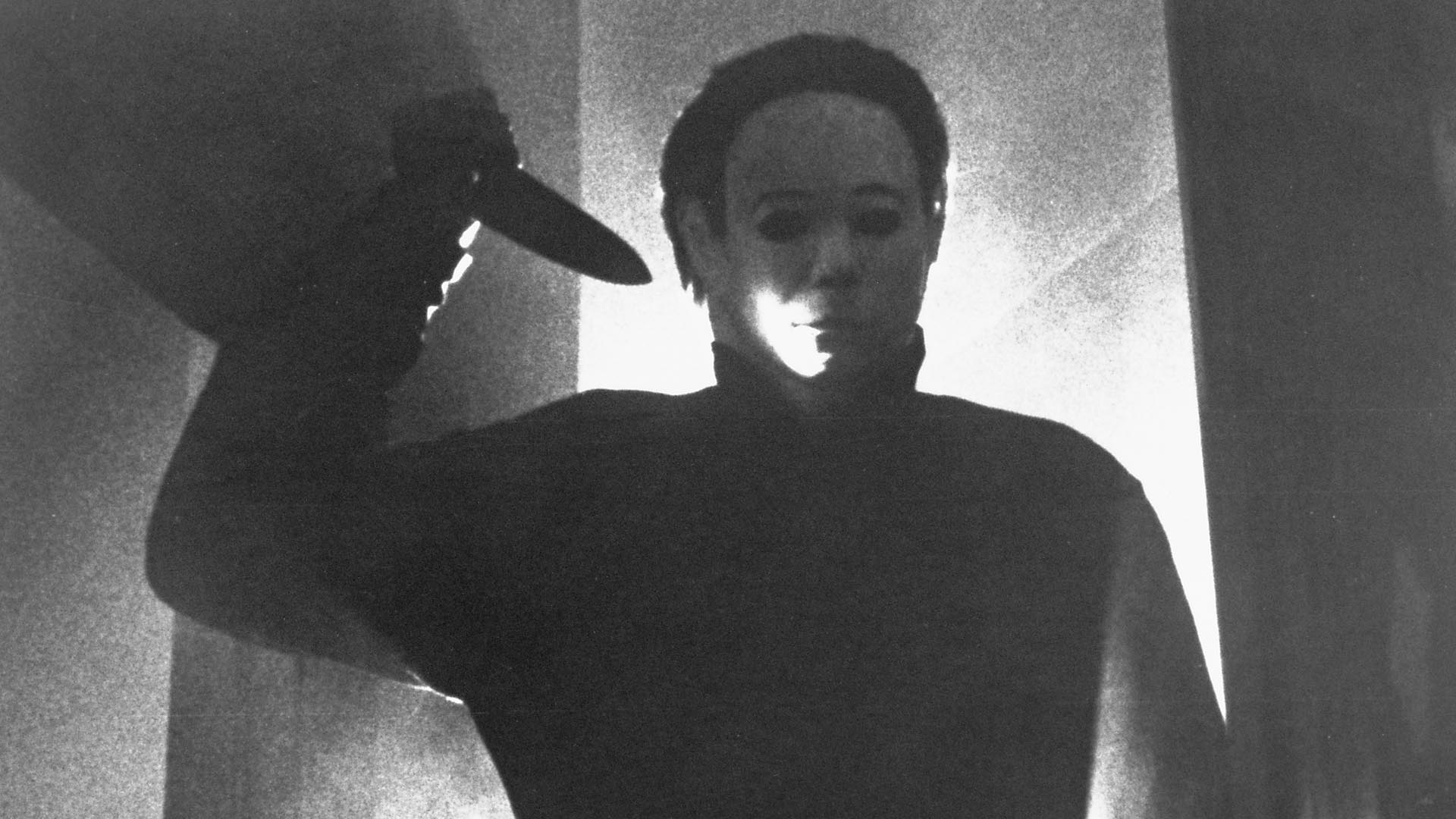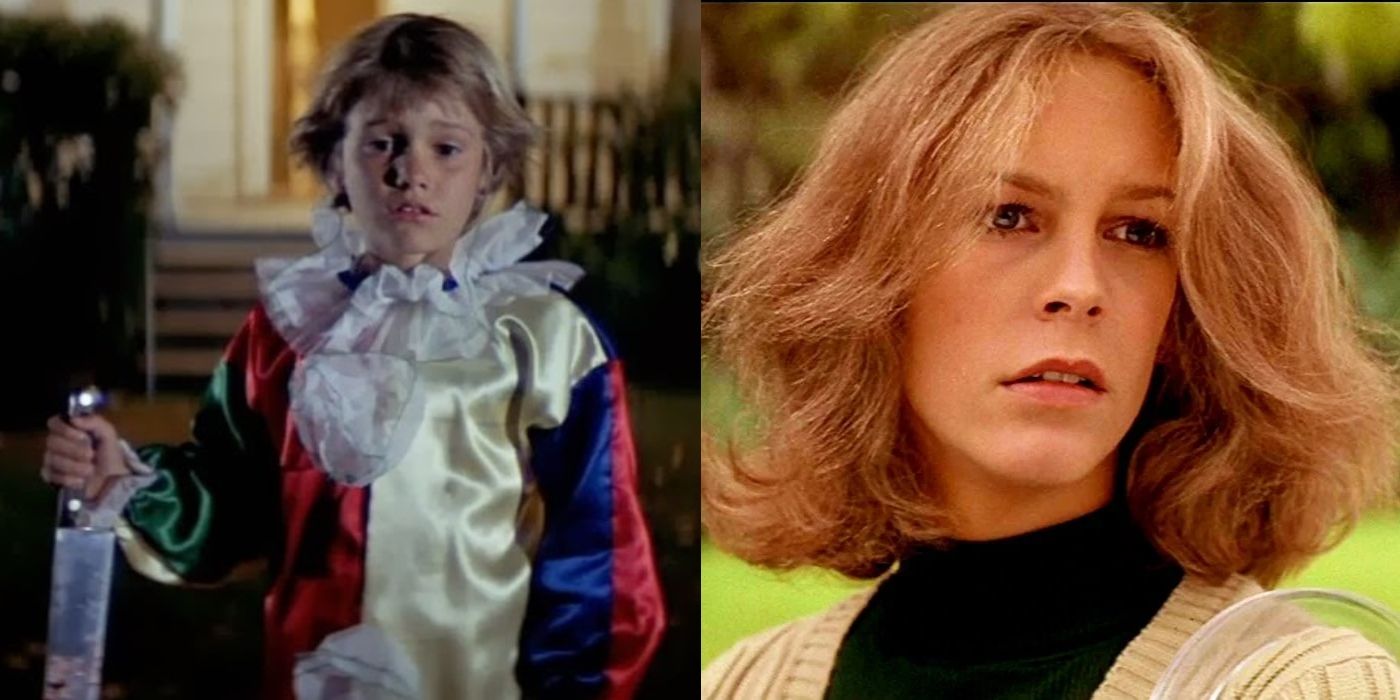Movie
Who Was Michael Myers Based On?
Michael Myers, one of the most iconic horror icons, first appeared on the silver screen in the 1978 film “Halloween” directed by John Carpenter. The chilling, emotionless portrayal of Myers has haunted audiences for decades, but few know that the inspiration for this character may have roots in a real-life person and that this connection holds deeper societal and cultural implications.
The Real-Life Inspiration

According to John Carpenter himself, the character of Michael Myers was inspired by a psychiatric patient he encountered while still a student. This patient, with his vacant stare and empty expression, left a lasting impression on Carpenter, evoking a deep sense of fear that would eventually manifest in the creation of the iconic slasher.
The Disturbing Encounter

Carpenter recounts his experience with this patient, describing a deeply unsettling encounter that would shape the very essence of the Michael Myers character. The patient’s lack of emotion and detached demeanor struck a chord with Carpenter, who found himself haunted by the idea of such a seemingly soulless individual. This encounter not only reflected Carpenter’s personal fears but also opened a window into the darker aspects of the human psyche.
Reflecting the Darkness Within
The inspiration drawn from this real-life encounter not only speaks to Carpenter’s own fears but also suggests a broader exploration of the darkness that can reside within the human condition. The Michael Myers character, with his chilling lack of empathy and emotional detachment, serves as a reflection of the unsettling realities that sometimes lurk beneath the surface of our own society.
Connections to Other Real-Life Killers

Beyond the direct influence of Carpenter’s personal encounter, there are also suggestions that the Michael Myers character may have been inspired by or connected to other real-life serial killers and infamous figures.
The Ed Kemp Connection
One such connection is the case of Ed Kemp, a local resident who had reportedly been institutionalized from a young age and had become a subject of urban legend in the community. The parallels between Kemp’s story and the Michael Myers character, with their shared history of mental illness and violence, have led some to speculate that Kemp’s story may have also contributed to the creation of the iconic slasher.
Exploring the Intersection of Fact and Fiction
The potential links between Michael Myers and these real-life figures highlight the intriguing intersection of fact and fiction in the horror genre. It suggests that the most terrifying villains may in fact be rooted in the very real and unsettling realities that exist within our own society, blurring the lines between what is imagined and what is tragically true.
Michael Myers as a Social Icon

Beyond his status as a horror icon, the character of Michael Myers can also be viewed as a powerful symbol that reflects deeper societal anxieties and concerns.
Representing Societal Fears
The enduring popularity and cultural impact of Michael Myers can be seen as a reflection of the collective fears and unease that exist within our society. The character’s detachment, isolation, and inner turmoil resonate with audiences in a way that goes beyond the typical slasher trope, tapping into deeper societal anxieties about mental health, violence, and the darkness that can lurk within.
Challenging Conventional Depictions of Evil
Unlike the supernatural or otherworldly villains often portrayed in the horror genre, Michael Myers’ human nature challenges the conventional depictions of evil. By grounding the character in the realities of mental illness and social isolation, the Michael Myers character forces us to confront the unsettling truth that the most terrifying monsters may not be found in the realms of fantasy, but rather within the very fabric of our own society.
Sparking Discussions on Mental Health
The enduring legacy of Michael Myers has also contributed to ongoing discussions and awareness around mental health and societal responses to these issues. The character’s origins in a real-life encounter with a psychiatric patient, as well as the potential connections to other real-life figures, highlight the need for a deeper understanding and compassionate approach to addressing mental health concerns within our communities.
The Lasting Impact and Legacy of Michael Myers

The impact of the Michael Myers character extends far beyond the confines of the horror genre, leaving an indelible mark on both popular culture and the broader societal discourse.
Shaping Cultural Representations of Evil
The Michael Myers character has become a touchstone in the horror genre, influencing the way that evil and violence are portrayed in cinema and other media. By challenging the traditional archetypes of the slasher villain, the Michael Myers character has opened up new avenues for exploring the complexities of human nature and the underlying societal forces that can give rise to such darkness.
Sparking Introspection and Self-Reflection
The enduring popularity and cultural significance of Michael Myers have also encouraged audiences to engage in deeper levels of introspection and self-reflection. The character’s ability to resonate with audiences on a profound level has prompted discussions about the nature of evil, the fragility of the human psyche, and the responsibility we all share in recognizing and addressing the warning signs within our own communities.
Lasting Societal Impact
Beyond its impact on the horror genre and popular culture, the Michael Myers character has also left a lasting impact on our collective understanding of mental health, violence, and the societal forces that can contribute to these issues. By drawing connections between the fictional and the real, the Michael Myers character has helped to illuminate the complex and often-unsettling realities that exist within our own society, challenging us to confront these difficult truths and work towards meaningful change.
The character of Michael Myers, with his chilling and enigmatic presence, has become an enduring icon of the horror genre. However, as this exploration has revealed, the true power of this character lies not just in its cinematic impact, but in its ability to reflect the deeper societal and cultural complexities that shape our understanding of the human condition.
Through the lens of Michael Myers, we are confronted with the unsettling realities that can lurk within the human psyche, as well as the societal structures and attitudes that may contribute to the emergence of such darkness. By recognizing the real-life inspirations and connections that have informed the creation of this iconic slasher, we gain a deeper appreciation for the ways in which fiction can illuminate the truth, challenging us to confront the shadows that exist within our own world.
Ultimately, the legacy of Michael Myers serves as a testament to the enduring power of storytelling to shape our collective understanding of ourselves and the world around us. As we continue to grapple with the complex issues of mental health, violence, and the human capacity for darkness, the character of Michael Myers will undoubtedly remain a haunting and thought-provoking presence, pushing us to confront the realities that lie beneath the surface of our society.
